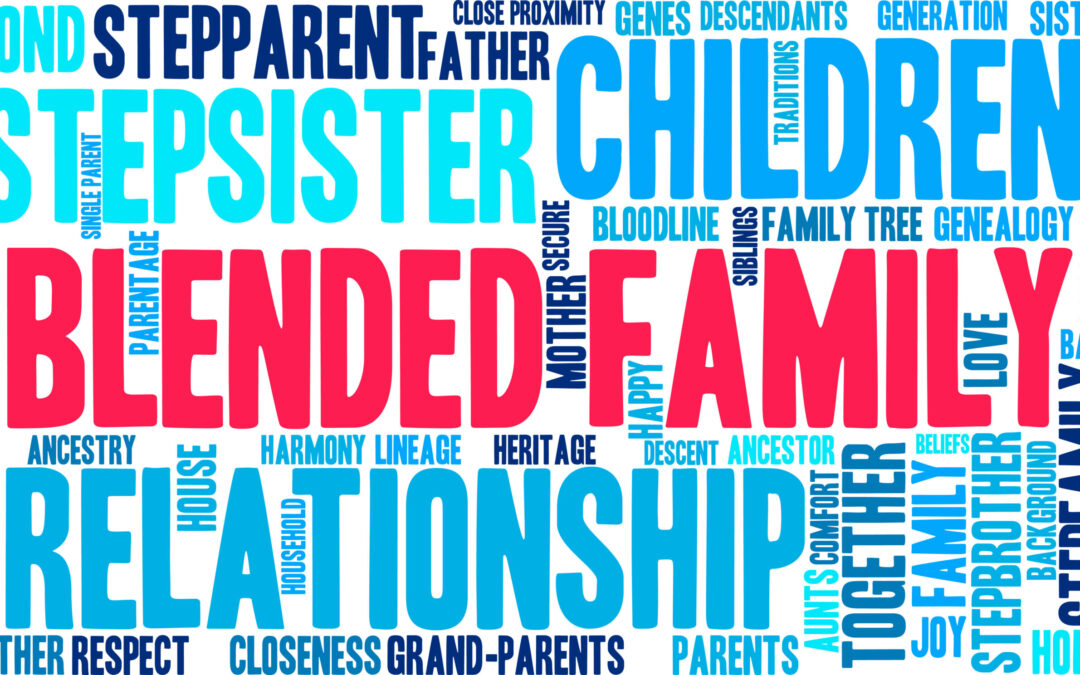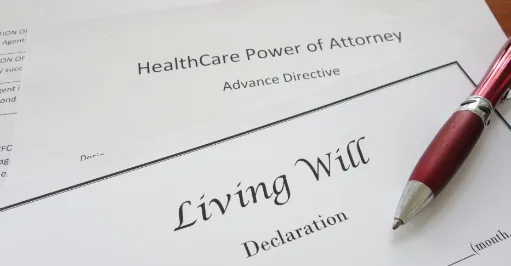As parents, we are constantly making decisions that impact the well-being and future of our children. One such decision revolves around whether or not to include our child’s name on the deed to our home. This choice can have significant legal and financial implications for parents and children.
- Inheritance and Succession Planning:
One of the main reasons parents consider adding their child’s name to the deed is to simplify the inheritance process. Including your child’s name as a joint owner can facilitate the property transfer upon your passing, potentially bypassing probate and ensuring a smoother ownership transition. This can be particularly beneficial if you want to ensure the property remains within the family or have specific wishes regarding its use.
- Tax Implications:
Adding your child’s name to the deed can have tax implications for you and your child. It’s essential to consult with a tax professional to understand the potential impact on property taxes, capital gains taxes, and other tax considerations. Certain tax advantages or disadvantages may arise depending on the specific circumstances and local regulations, so seeking expert advice is crucial.
- Liabilities and Financial Risks:
Including your child’s name on the deed exposes them to potential liabilities and risks associated with the property. Their ownership could be at stake if they encounter financial difficulties, legal claims, or judgments. It is essential to consider your child’s financial stability and potential risks before deciding. Additionally, if your child is a joint owner, their consent would be required for any future decisions regarding the property, which could lead to complications in cases of disagreement.
- Future Flexibility and Financial Independence:
Adding your child’s name to the deed may limit their future flexibility and financial independence. As they grow older, they may have aspirations, such as purchasing their own home or relocating for employment opportunities. Owning a portion of your home may restrict their ability to make independent housing choices and could complicate matters regarding selling or refinancing the property.
- Alternative Estate Planning Options:
Alternative estate planning strategies can achieve your desired goals without adding your child’s name to the deed. Establishing a trust, for example, can allow you to outline your wishes for the property’s distribution while providing more control and flexibility. Working with an experienced estate planning attorney can help you explore these alternatives and ensure your intentions are legally and effectively documented.
Here are the reasons to keep your property deeds in your name:
If your child has any financial problems, your home is vulnerable. Divorce, debt, litigation, or bankruptcy happen, even to the least likely children. You could lose your home. You could also need to spend thousands on legal fees to convince a court that your home should not be part of the assets subject to your child’s legal or financial difficulties. Either way, you lose.
Adding your child’s name to a real property deed is a gift for tax purposes. Unless the value of your home is extremely low, which is unlikely, you’ll need to report this gift to the IRS.
If the child named on the deed passes before you, you may end up owning the home with their spouse, children, or whomever they named in their will. Did you want your daughter-in-law to be the joint owner of your home? Or your grandchildren? The outcome will depend upon the exact language used on the deed, making it vital to have an estate planning attorney draft the deed document if you use this method.
Medicaid look-back includes the transfer of any assets, including property. If you need to apply for Medicaid to help pay for long-term care, you’ll be asked if you have made any gifts or transfers of assets to anyone within the five years before submitting your Medicaid application. Adding another person’s name to a real property deed is considered a gift by Medicaid. This could prevent you from being eligible for Medicaid assistance for months or as many as five years.
Co-owners must agree on decisions about the property. Your co-owner has to agree before you can sell your home, rent it, or take out a loan against the home’s value. Can you ensure your child or other co-owner will agree to your wishes?
Capital gains taxes as co-owners are different from inherited property. If a child inherits a property after death and then sells it, they will only be responsible for paying capital gains taxes assessed on any increase in value from the date of your death to when the property is sold. However, if their name is on the property deed while you are living, they will be deemed to have acquired their one-half ownership for half the price you originally paid. They will be responsible for the capital gains taxes applied to their half. They’ll have a hefty tax bill, which they would not have had if they inherited the home.
Deciding whether to put your child’s name on the deed to your home is a complex decision that requires careful consideration of various factors. While it can simplify inheritance and succession planning, it also exposes your child to potential liabilities and financial risks. Balancing these factors with future flexibility and financial independence is crucial. Exploring alternative estate planning options like trusts may provide a better solution. There are ways to plan for your estate to minimize probate without adding a child to your property deed. All of this can be done in a way that doesn’t put your property at risk if you or your child runs into financial trouble and protects your eligibility for Medicaid. Talk to us; we can help create an estate plan to protect you, your home, and your heirs.
Reference: Coeur d’Alene/Post Falls Press (June 11, 2023) “Think twice (and read this) before putting your kids on the deed to your home”






